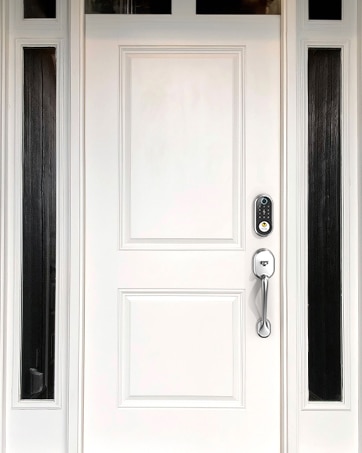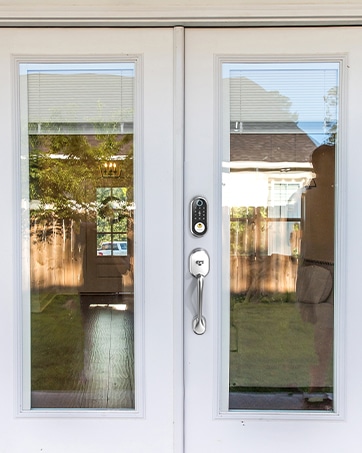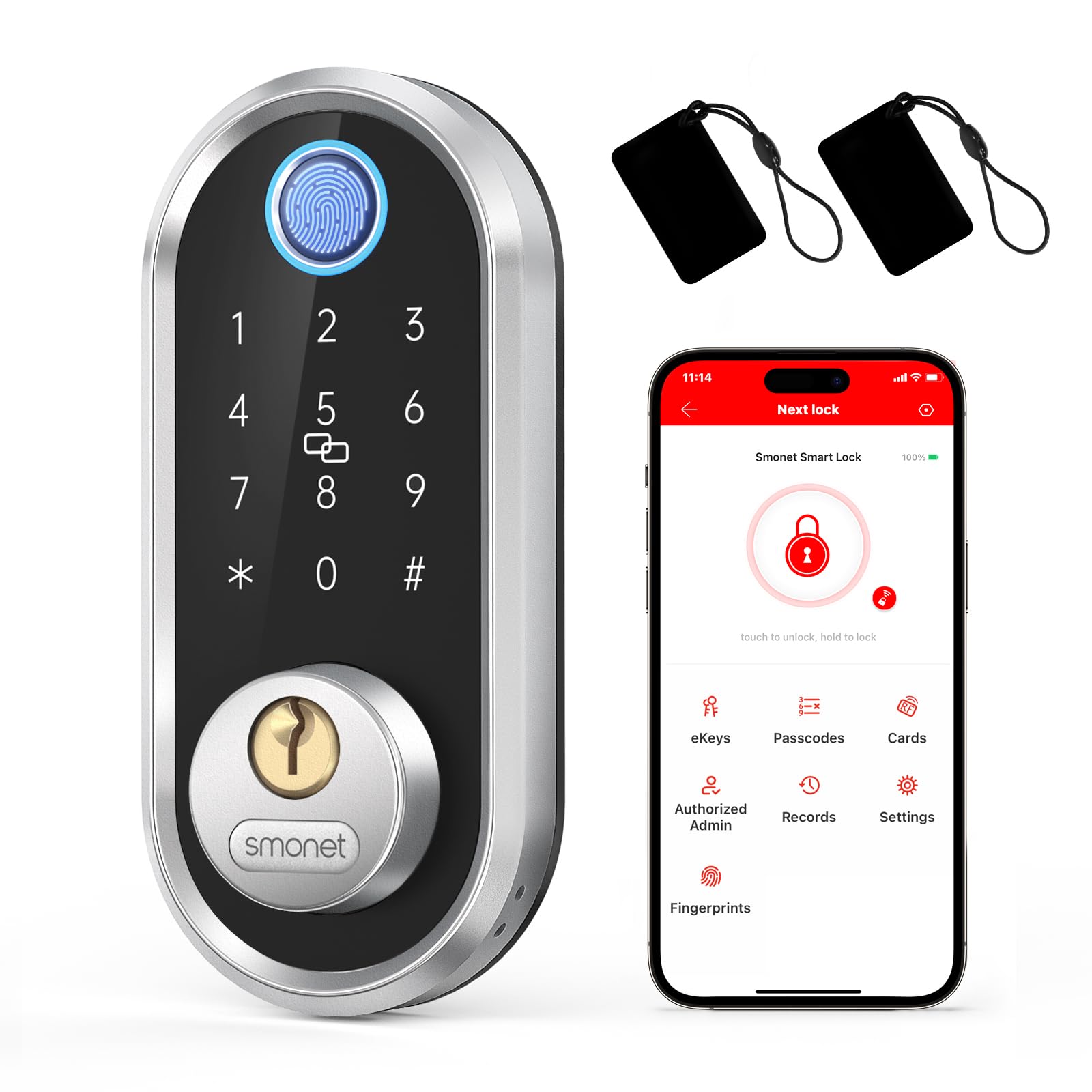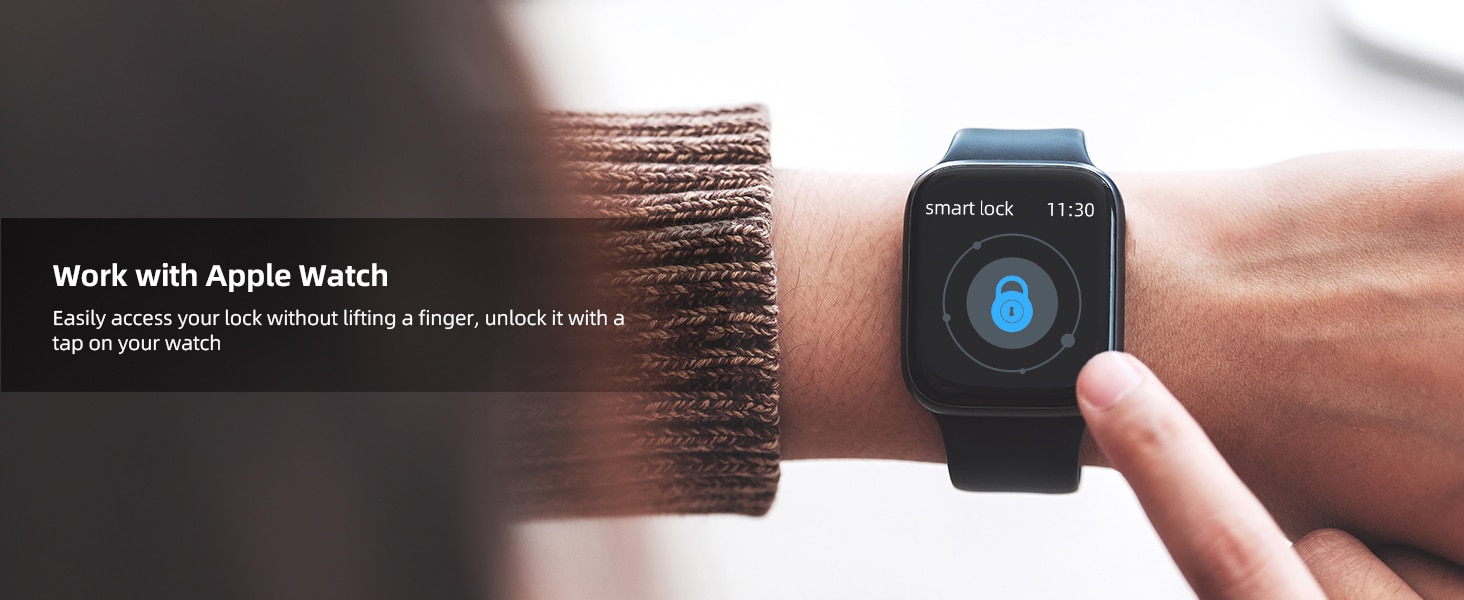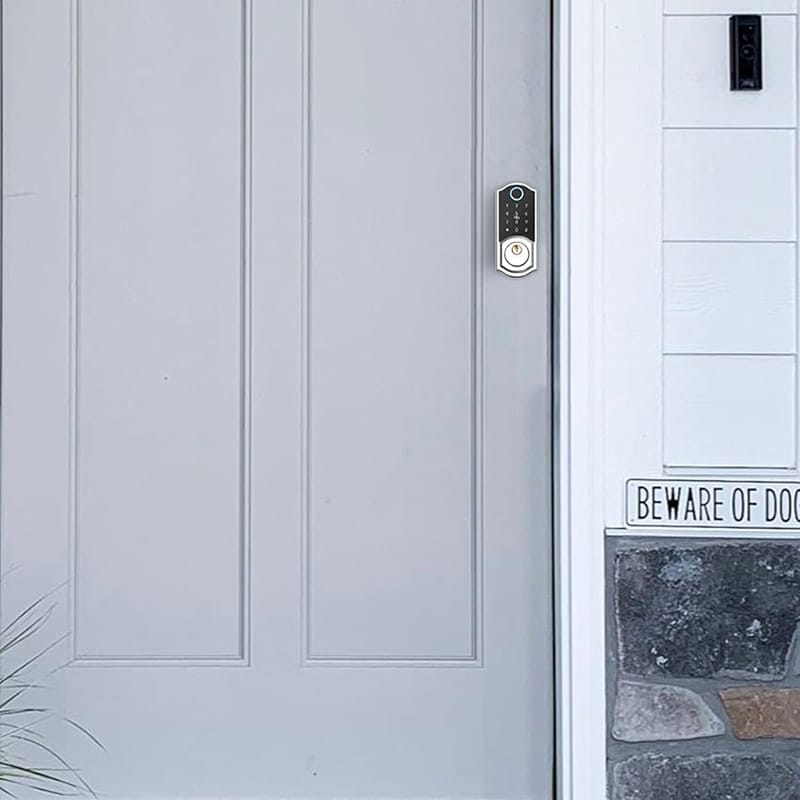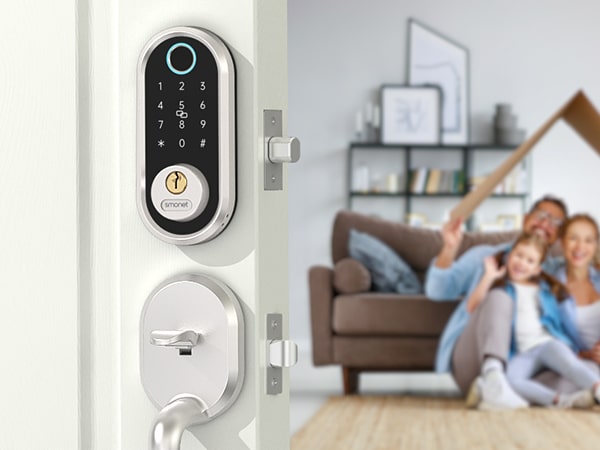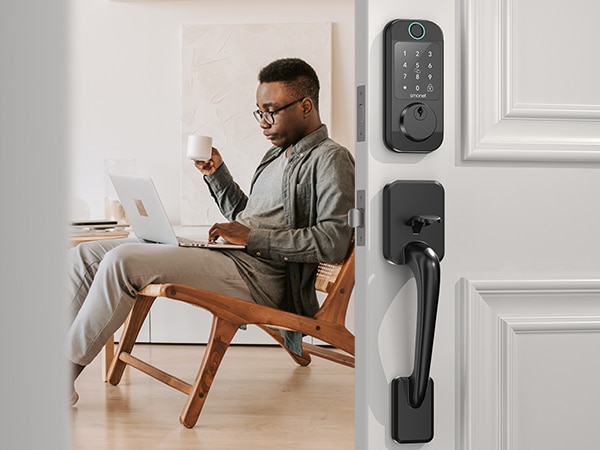The Future Of Security - Biometric Door Locks
In our fast-paced world, the concept of security has evolved exponentially, adapting and reforming itself to fit into the digital age. Among the many technological advancements in home security systems, biometric door locks stand out for their remarkable features, pushing boundaries and transforming the way we secure our homes.
Biometric front door locks operate by recognizing unique physiological or behavioral attributes, such as fingerprints, facial patterns, or iris designs, and using these to authenticate a user’s identity. This futuristic locking system dismisses the traditional key-and-lock mechanism, replacing it with highly personal and imitable identifiers.
One of the most common forms of biometric door locks is the fingerprint scanner. Convenient and unique to each individual, fingerprints offer an elevated level of security. With just a touch, these locks ensure quick entry for authorized individuals while denying access to intruders.
Facial recognition and retinal scan technologies take biometric security one step further by processing and verifying unique facial patterns or retina configurations. Though less common than fingerprint locks due to cost, they’re oftentimes used in high-security establishments and are making their way into residential security as technology advances and becomes more affordable.
Biometric keyless door locks have a myriad of advantages. They offer high security since biometric traits are immensely difficult to replicate or steal, unlike traditional keys or electronic codes. With no physical keys, the hassles of misplacing or forgetting keys are eliminated. These locks are also generally designed to store multiple biometric identities, allowing convenient access for family members or other authorized individuals without the need to reproduce and distribute keys.
Additionally, many biometric handle locks come with smart features. They can be connected to Wi-Fi or Bluetooth, allowing homeowners to remotely manage access, monitor entries and exits, and even receive break-in alerts. Some models also incorporate a traditional lock-and-key mechanism or number pad for additional access options.
However, as with any technology, biometric door locks do have their limitations. They may have difficulty recognizing biometric data if the user’s features change due to injury, or effects of aging. Notably, the technology requires reliable power, with some locks rendered inoperable in case of power failures. High-end models may contain backup battery systems to counteract this limitation.
On the whole, the groundbreaking technology of biometric door locks offers an enticing balance of heightened security, ease of access, and advanced features that are setting new standards in residential security. As these systems continue to develop, their use in homes globally is likely to become commonplace, ushering us into a new era of home safety and convenience.
Prime Day OFF
Until the End
-
Master Of Cleanliness: Visual Guide To Recognizing And Understanding Your Electric Pool Cleaners
-
Making the Right Choice for A Best Keypad Door Lock: A Guide Based on Material Consideration
-
The 7 Most Common Types of Locks for Home and Office Security
-
Door Knob With Fingerprint Identification- The Future Of Home Security
-
Selecting the Ideal Digital Door Lock Style and Color for Your Abode
-
Evolution Of Security- Smart Door Key Lock
-
Mailbox Digital Lock- Reinventing Mail Security In The Digital Age
-
Exploring Alternative Unlocking Solutions - Smart Lock Fingerprint Cards and Wristbands
-
Touch Id Door Locks- Next-Generation Security At Your Fingertips
-
Smonet Home Door Lock- The Future Of Home Security

